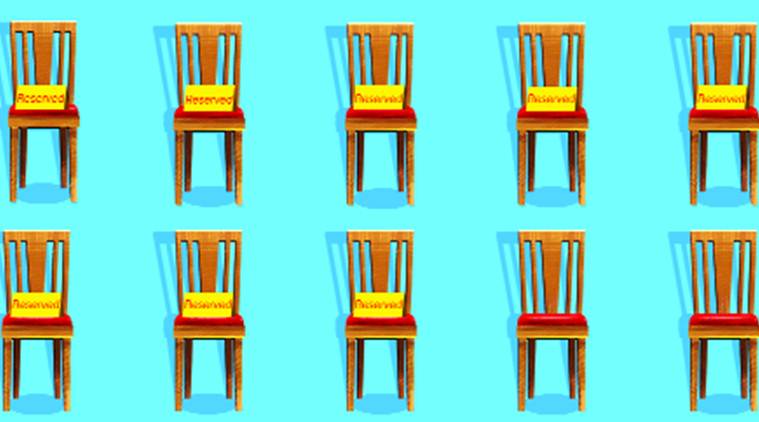10% for EWS is a good initiative for poor — and the best policy for Muslims
This will be the first time that poor non-OBC non-SC/ST individuals will get a chance. And given that Muslims are the poorest (economically weakest), they should obtain preference in the EWS 10 per cent quota.

There are several noteworthy points about the 10 per cent quota bill that has just been passed in Parliament. Given the biases BJP office-holders are known to have, it was not surprising that the party’s spokespersons did not emphasise the fact that the 10 per cent quota for the economically weaker sections, EWS, (those, not SC, ST or OBC) was the first time in India’s long non-secular history that a government welfare programme specifically included Muslims under its umbrella of recipients. What was surprising, however, is the fact that the secular liberals had a lump in their throat which prevented them from uttering the M-word. Instead, all the utterances and profound insights on TV and print media have been about how this was a jumla, and that it showed the desperation of the BJP to gather votes.
Several contradictions abound. If it was a jumla, then why did the Opposition all come out in praise of the policy? It was supported near unanimously in the Lok Sabha; by the time Rajya Sabha came along, some parties found their misplaced “conscience” and their members abstained from voting.
Then the critics, some of them lawyers, came out of hiding and pronounced the legal judgment that the 10 per cent will not pass muster in the Supreme Court, because the Court had disallowed any central government reservation beyond 50 per cent.
Let us take it from the beginning. Reservation is an issue that I have studied in some detail over the past two decades. My own view has been, and is, that India should never have proceeded on the path of reservation and that by doing so, it pursued the wrong means for the correct objectives. The downtrodden, especially those historically so, like the Scheduled Castes and Scheduled Tribes, did deserve special consideration and should have been identified and provided with state-defined extra income support. What might these have been? Income support programmes from the very beginning and huge extra-aid for the schooling of the SC/ST kids — such that SC and ST children would attain the average educational level of those with “upper caste” backgrounds.







































No hay comentarios:
Publicar un comentario